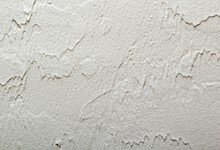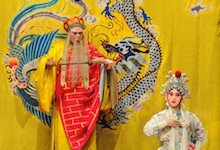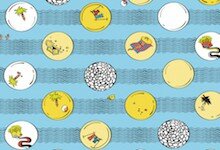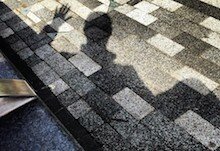Foreign work and foreign workers: on Ronny Someck’s ‘Arabic Work’
Contempt for foreign workers has its source in fear of the unknown, but also in the need to hand over to someone else work that is perceived as lacking in respect and which is difficult, tiring or dirty. This contempt, which is always liable to lead to revolt, constitutes a refusal to look in the mirror.
Ronny Someck’s socially conscious poem ‘Arabic Work’ does not deal directly with the Palestinian workers who once thronged the streets of Israeli cities, before they were replaced by foreign workers from Romania, Turkey and Thailand. The Arab woman in the poem is not an Arab at all, but, on the contrary, the Jewish poet’s beloved mother. The Hebrew phrase ‘Arabic Work’, which does not refer to the ethnicity of the worker, but only to the (poor) quality of the final product, carries a personal weight in this poem which would seem to neutralize the social, national and economic context. But the contempt expressed in the title reveals a racist conception held by many Hebrew speakers, which is likely to make its way not only from the speakers to their language but also to rebound from the language back to those who speak it.
The ‘Arabic work’ of Israelis, the ‘Mexican work’ of Americans, the ‘Turkish work’ of Germans, and the ‘African work’ of the French does not actually constitute work that shames the people who perform it. The contempt attached to this work has its source, first of all, in the inability of these workers to find jobs which are seen to require less effort, and which pay better. The disrespect of employers towards those who are forced to perform dirty, difficult and tiring work is generally directed not only to foreigners, but also by the lazy and affluent to their fellow citizens.
But the combination of foreignness with despair, the exploitation of certain sectors of society with the abundance that other sectors enjoy, is a flammable mixture which may explode at any time. Difficult problems usually don’t have easy solutions, and the upheaval in France in fall 2005 is just the tip of the iceberg. We would all benefit from looking for what is hidden behind “the handkerchief of the tear” in this poem, but mainly in order to be able to look in the mirror, before it is too late, before that mirror disappears.








